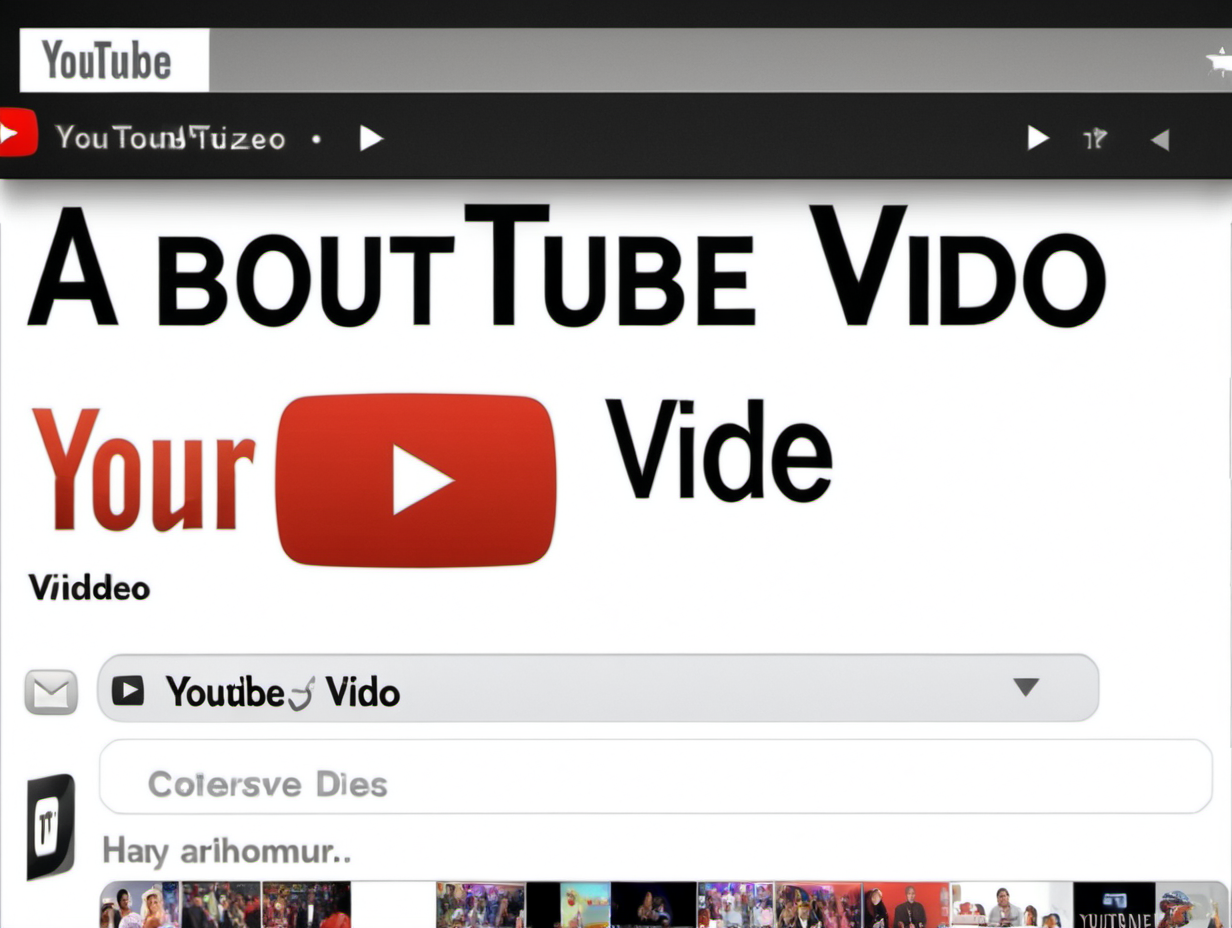Sam Altman talks with MIT President about AI (May 2024)
Summary
TLDRMITの18代目の総長であるサリー・コーエンと、OpenAIの共同創設者でありCEOであるサム・アルトマンが対話し、AIの将来性と社会的影響について議論しました。コーエンはAIが社会に広く利益をもたらすべくMITが取り組んでいると証言し、アルトマンはAIの進化とそれに伴う職業消失、新しい職業の創出について語りました。二人はAIによる教育の変革、科学的発見の促進、個人のプライバシーとAIのバランスについても洞察を共有しました。この会話は、AI技術の進歩がもたらす可能性と課題に興味を持つ聴衆にとって非常に興味深いものとなっています。
Takeaways
- 😀 サリー・コーエンは2023年1月にMITの18代目の総長に就任し、その卓越した管理者として知られています。
- 🧠 サム・アルトマンはオープンAIの共同創設者であり、CEOでもあります。彼らのミッションは人工知能を通じて人類全員に利益をもたらすことです。
- 🤖 AIの「絶滅の可能性」という問いに対して、サムは0ではないと答えますが、現在はまだ非常に初期の段階だと考えています。
- 🔍 サムはAIの進化について、過去10年間でより現実的になり、技術革新の一つとして捉えられるようになったと語っています。
- 🛠️ AIのバイアスを取り除くためには、システムを特定の価値観に従わせる必要があるとサムは考えています。
- 🏥 AIは医療など特定の分野で、人間のバイアスを超える可能性があるとサムは述べています。
- 🔒 AIの進化と個人情報のプライバシーに関するバランスが重要な課題であるとサムは指摘しています。
- 🌐 オープンAIは完全にオープンソースではないが、他の方法で公開し、広く利用可能にしています。
- 💡 AIの発展は科学技術の進歩に重要な役割を果たし、持続可能な経済成長を促進するでしょう。
- 🚀 AIの進歩は人類の生活と仕事に大きな影響を与えるが、人間は創造性と有用性を追求し続けるでしょう。
Q & A
サリー・コーエン氏はMITの第18代総長として、どのような背景を持っていますか?
-サリー・コーエン氏は、セル生物学者であり、デューク大学で8年間副学長を務め、優れた管理者、創造的な問題解決者、教員の優れたさと学生の福祉を推進するリーディングアドボケートとして知られています。MITでの多くのイニシアチブの中で、人工知能(AI)にも焦点を当てており、AIが社会全体に幅広く有益になるようにMITの努力を進めています。
サム・アルトマン氏はどのようにAIの可能性を考えていますか?
-サム・アルトマン氏は、AIが社会に積極的な影響を与えるために非常に重要なツールであると考えており、AIの発展を通じて人類の技術的な進化を促進したいと考えています。また、AIが持つ可能性を最大限に活かすために、安全性とユーザビリティのバランスを慎重に考えていく必要があると述べています。
AIの進化によって生じる偏りやバイアスを取り除くために何が必要ですか?
-AIの進化に伴い、システムを特定の価値観に沿って行動するように調整する必要があります。しかし、誰がバイアスの意味や価値観を決定すべきか、そしてシステムがどのようにすべきかを決定するために、社会的な合意が必要です。また、AIシステムは人間に比べてバイアスを少なく保有できる可能性があり、そのように努力することが重要です。
AIの発展と個人のプライバシーの関係についてどのように考えていますか?
-AIの発展は個人のプライバシーと密接な関係がありますが、プライバシーとユーティリティ、そして安全性の間のトレードオフを適切にナビゲートする必要があります。将来的には、AIが個人の生活全体にアクセスできるようなサービスが登場する可能性があり、それに伴いプライバシーに関する新たな定義や取り決めが必要になるでしょう。
オープンAIはどのようにして他の人々にAIの恩恵を提供していますか?
-オープンAIは、無料で利用できる優れたAIツールを提供し、何百万人、将来的には何億人もの人々が使用できるようにしています。広告を出さず、公的な善として提供し、人々が手軽に利用できるように努めています。また、AIを通じて人々が生活をよりよく、より豊かにすることを目指しています。
AIの発展によって生じるエネルギー消費の増加と、気候変動との戦いへの貢献という間の緊張感はどのように解消されますか?
-AIは非常に大きなエネルギーを必要としますが、AIを用いて非炭素基盤のエネルギーや、より良い炭素捕捉技術を開発することができれば、そのエネルギー消費は大きな勝利になるでしょう。また、AIは遠隔地での仕事を可能にし、エネルギーを節約する助けにもなります。
AIが科学や工学分野にどのように貢献する予定ですか?
-オープンAIは、AIを用いて科学発見の速度を増やし、人類の進歩のコアエンジンを支えることに興味を持っています。また、教育やビジネス、コンシューマ分野にも貢献する可能性がありますが、科学分野でのAIの影響は特に期待されています。
若手研究者や起業家に対してアドバイスをいただけますか?
-現在はキャリアをスタートさせるのに非常に興奮的な時代であり、AIに関連する何かを行うことを強くお勧めします。また、自分のキャリアで何が最も興味深いかを早期に把握し、それに向かって動くことが大切です。また、テクノロジーの豊かな将来を目指して、人類全体の生活を向上させることに貢献することが重要です。
AIが金融分野にどのような影響を与えると予想されますか?
-AIは他のすべての分野と同じくらい金融分野にも大きな影響を与えると予想されますが、具体的な変化については詳細は述べられていません。教育やヘルスケアのような特定の分野でのAIの活用については、すでに多くの可能性が見込まれています。
AIの発展による偏りやバイアスの排除とプライバシーの保護はどのようにバランスを取るべきですか?
-AIの発展による偏りやバイアスの排除には、システムを特定の価値観に従わせる必要がありますが、その決定は社会的な合意に基づいて行われる必要があります。プライバシーの保護については、ユーティリティと安全性の間のトレードオフを適切に管理し、個人のプライバシーを保護しながらもAIの恩恵を享受できるようにすることが求められます。
オープンAIは今後どのような方向发展を予定していますか?
-オープンAIは、AIの能力を大幅に向上させ続け、それを誰もが手軽に利用できるようにすることを目指しています。AGI(人工一般知能)という言葉は使いづらく、代わりに特定の能力X、Y、Zを達成するまでの時間を考える方が良いとされています。今後もAIの恩恵を広く提供し、経済的な価値を創造するシステムを目指して開発を進めていく予定です。
Outlines

This section is available to paid users only. Please upgrade to access this part.
Upgrade NowMindmap

This section is available to paid users only. Please upgrade to access this part.
Upgrade NowKeywords

This section is available to paid users only. Please upgrade to access this part.
Upgrade NowHighlights

This section is available to paid users only. Please upgrade to access this part.
Upgrade NowTranscripts

This section is available to paid users only. Please upgrade to access this part.
Upgrade NowBrowse More Related Video

2019 Keynote Discussion Sam Altman and Vinod Khosla

Reed Hastings, Chairman and Co-Founder of Netflix

Sam Altman No AGI in 2024, OpenAI's Plans For 2024, Is OpenAI Worth $100B | Ai News

Sam Altman: OpenAI, GPT-5, Sora, Board Saga, Elon Musk, Ilya, Power & AGI | Lex Fridman Podcast #419

OpenAI CEO Sam Altman on the Future of AI

Bumble Executives on Online Relationships, AI in Dating Apps and More | WSJ News
5.0 / 5 (0 votes)
